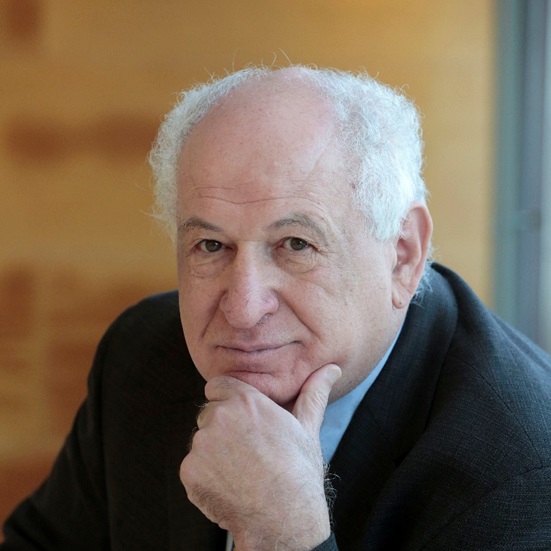SPEAKERS

Joseph Schlessinger
AFFILIATION:
Yale University School of Medicine, Department of Pharmacology, New Haven, CT
POSITION TITLE:
The William H. Prusoff Professor of Pharmacology
EDUCATION/TRAINING:
1965 – 1968 B.Sc. in Chemistry and Physics, Magna Cum Laude
The Hebrew University, Jerusalem
1968 – 1969 M.Sc. in Chemistry, Magna Cum Laude
The Hebrew University, Jerusalem
1970 – 1974 Ph.D. Thesis on "Study of Chemical and Biological Systems by Circular Polarization of Fluorescence," Department of Chemical Physics, The Weizmann Institute of Science, Rehovot, Israel
HONORS:
1973 Michael Landau Prize
1980 Sara Leedy Prize
1982 Elected to EMBO
1983 Hestrin Prize
1984 Levinson Prize
1995 The Ciba-Drew Award
1995 Antoine Lacassagne Prize
1999 The Distinguished Service Award, Miami Nature Biotechnology
1999 Honorary Member, The Japanese Biochemical Society
2000 Elected to Neurosciences Research Program, La Jolla, California
2000 Elected to the National Academy of Sciences
2000 The Taylor Prize
2001 Elected to the American Academy of Arts and Sciences
2002 Honorary Doctor of Philosophy, Honoris Causa, University of Haifa
2004 Elected to the European Academy of Sciences
2005 Elected to the National Academy of Medicine (Formerly Institute of Medicine)
2006 Dan David Prize
2006 Elected as a foreign member of the Russian Academy of Sciences
2008 Elected as a foreign member of the Croatian Academy of Science
2009 Medal of Danica Hrvatska Order, Republic of Croatia
2010 Penzcoller Foundation–AACR International Award for Cancer
2011 American Italian Cancer Foundation Award in Scientific Excellence
2012 Hope Funds for Cancer Research Award
2015 BBVA Foundation Frontiers of Knowledge Award, Madrid, Spain
2016 A Fellow of the AACR Academy
2017 Clifford Prize for Cancer Research, Adelaide, Australia
RESEARCH INTERESTS:
Our laboratory is exploring the mode of action of growth factor receptors and the intracellular signaling pathways that are activated in response to growth factor stimulation. Receptor tyrosine kinases and cytoplasmic protein tyrosine kinases play a critical role in the control of many cellular processes including: cell proliferation, differentiation, metabolism, as well as cell survival and cell migration. Various diseases are caused by dysfunctions in receptor tyrosine kinases or in critical components of signaling pathways that are activated by receptors tyrosine kinases. In addition, various developmental disorders are caused by loss of function mutations in receptor tyrosine kinases. We are using biochemical and genetic approaches as well as X-ray crystallography to determine the mechanism of activation of receptor tyrosine kinases, how they recruit target proteins, and the mode of action of downstream signaling proteins in normal cellular processes and in diseases caused by dysfunctional receptor tyrosine kinases.
PUBLICATIONS:
Publications are listed on Google Scholar
https://scholar.google.com/citations?hl=en&user=L7vygrQAAAAJ
